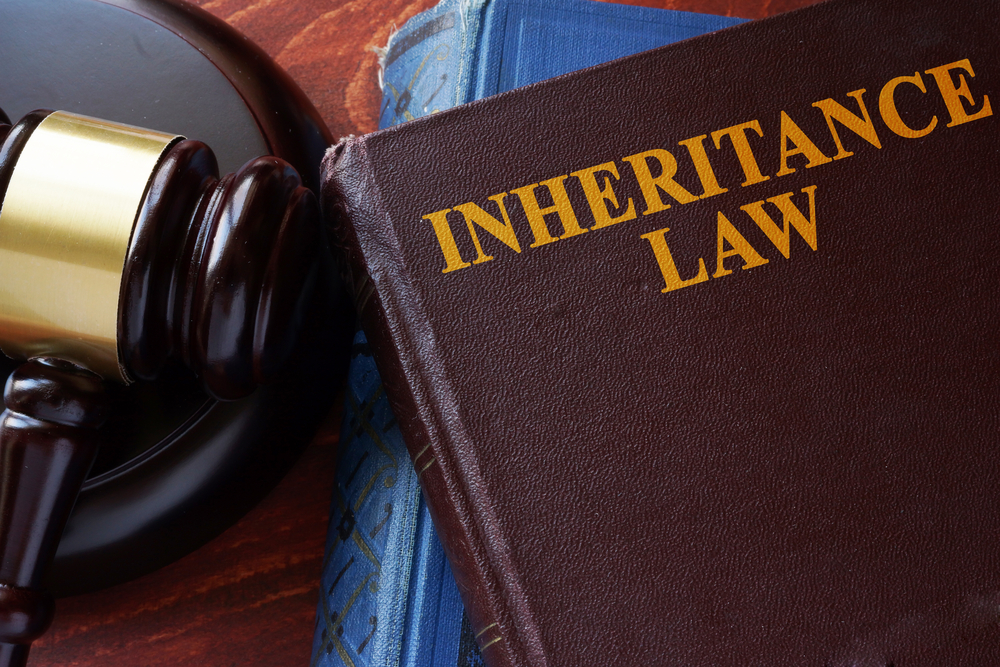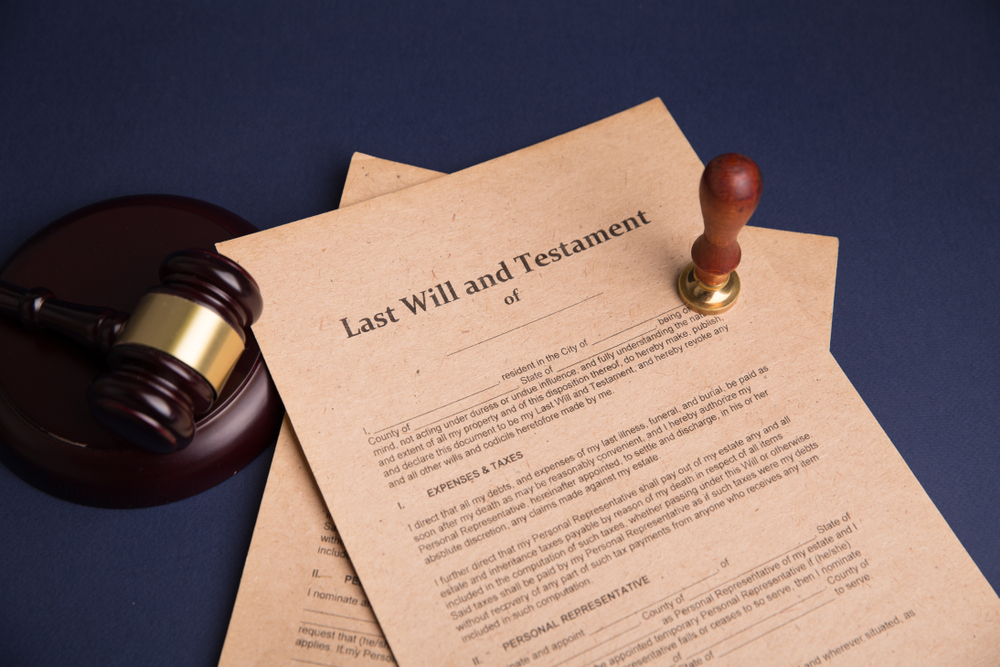When someone dies and you do not inherit what you expected, a difficult situation can be made even worse.
If you are unhappy with a recent inheritance and you would like to dispute the will then you need to have sufficient legal grounds to do so.

One method is to challenge the validity of a will. If you are looking to do this, then acceptable grounds include:
- Testamentary capacity – whether the person has sufficient mental capacity to write a will
- Lack of valid execution – the will was not properly drafted, signed or witnessed
- Lack of knowledge and approval
- Undue influence – whether the person was coerced into making the will
- Fraudulent calumny-where the mind of the testator is ‘poisoned’ as to the undesirability of a potential and competing beneficiary.
- Forgery
- If you believe there is a more recent, valid will in existence
- There are issues relating to the interpretation or construction of the will.
In every case, the provisions of previous wills would have to be considered, and the position in law if there is no valid will, to see if it is even worthwhile to challenge the latest will.

Depending on the value of the inheritance you may not think it to be affordable to progress with the matter due to high legal and court costs. Depending on the specific circumstances of your case it could be possible to instruct a solicitor on a no win, no fee basis. If you win the case then often the legal fees can be claimed from the opposing party.
Inheritance disputes are often complex and can last for several and sometimes many months. It is a specialist area of the law so you should only look to instruct a solicitor who has a lot of experience in the field, such as those at GA Solicitors in Plymouth.
Clear evidence will be required to prove that the will is invalid. Evidence can include:
- Witness statements – provided by those who witnessed the will signing, or were present when the person was advised on the will
- Independent records – such as notes from the solicitor or will writer
- Expert evidence – perhaps from a doctor, or mental health professional or handwriting expert
If you are arguing the validity of a will then there are no clear time limits. However, the more time that has lapsed the harder it is to bring a claim. This is because the longer you leave a challenge, the more likely it is that evidence to support your case will have been destroyed or lost. For example, some law firms only keep will files for six years and these documents will contain vital evidence. Also, witnesses may have forgotten what had happened, or become ill or pass away, making it much more difficult to prove a claim.

In addition, if probate has already taken place then a number of the assets could already be spent so it is preferable to begin a claim as soon as possible. It may be important to place a caveat on the estate at the Probate Registry to stop the administration while the dispute is ongoing.
Alternatively a claim may be made for reasonable provision under the Inheritance (Provision for Family & Dependents) Act 1975, but usually there is a strict maximum time limit of six months from the date of the grant of probate or letters of administration.
If you feel any this is relevant to you and you need to bring or defend such a claim, then you need to get professional legal advice as soon as possible.

